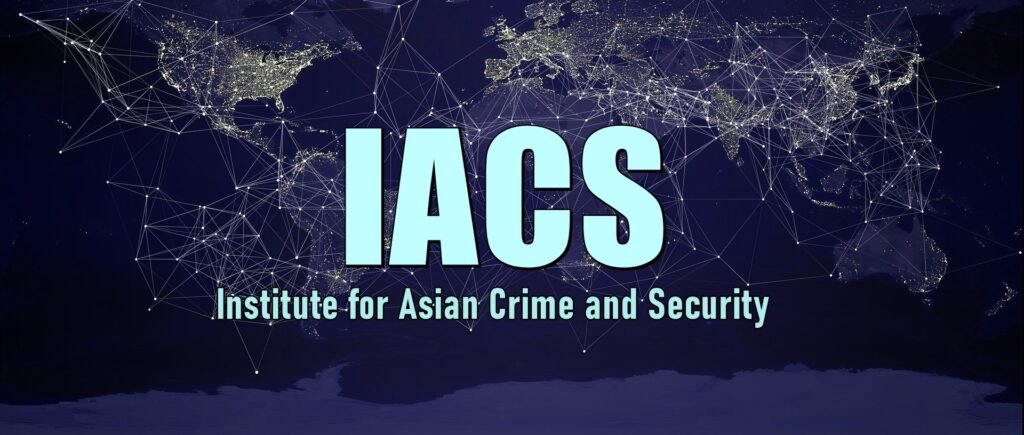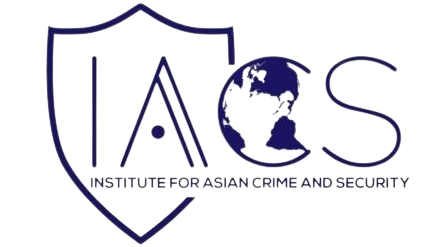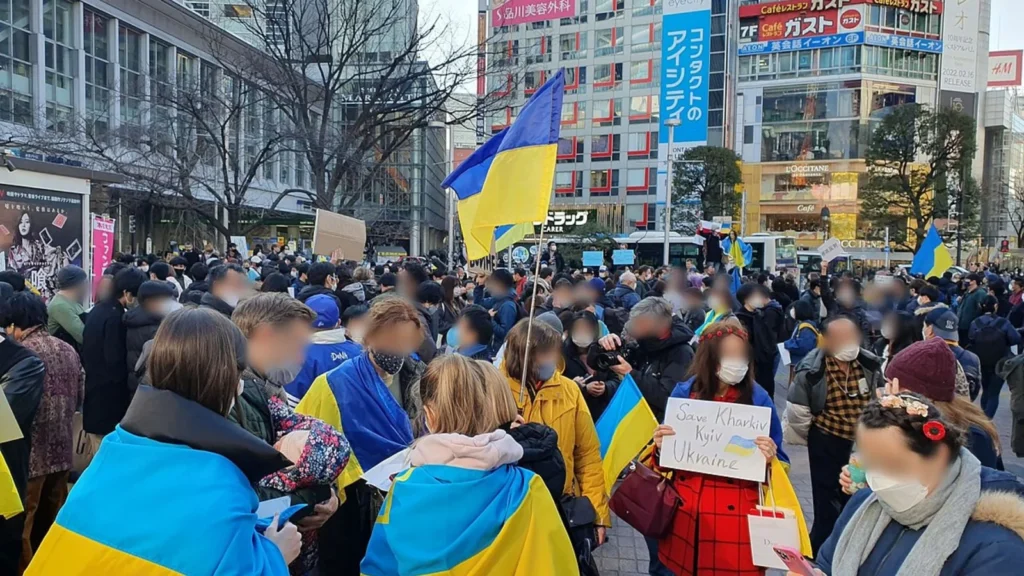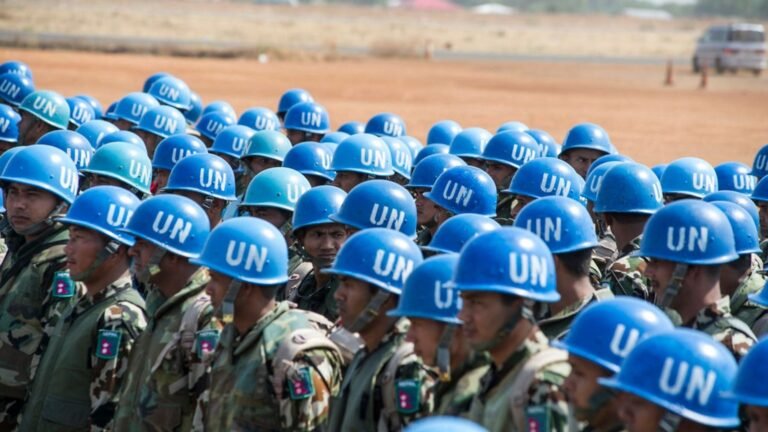Japan’s response to Russia’s invasion of Ukraine is significantly tougher now than when Russia annexed Crimea in 2014. Not least the decision to provide Ukraine with protective military equipment was a zealous move since Japan’s pacifist constitution limits such actions (Reuters, 2022). This, together with sanctions and strong condemnations has led to Japan taking one of the more assertive stances against Russia and assumed a leader role among a handful of o犀利士
utspoken countries in the otherwise mostly cautious Asia-Pacific. But what is the reason behind this sudden change of direction?
Back in 2014, the then Prime Minster Shinzo Abe was trying to find a diplomatic solution with Russia over their four disputed Sakhalin islands in the north of Japan (called the “Northern Territories” in Japan) (Siripala, 2022). They were claimed by Russia after World War II and are the reason for there not being any formal peace settlement between the two even today. The previous year, Abe visited Russia five times and the negotiations were thus more active than they had been for a long time (Kotani, 2014). Although Japan was the only Asian country to actually sanction Russia over the annexation, it appeared to be done with reluctance as the balancing act between Japan’s G7 partners and the Russian strategic relationship made their sanctions less effective than others (Shagina, 2018).
The cautious stance appeared to yield some results as negotiations with Russia progressed. In 2016, Abe initiated negotiations with President Vladimir Putin on joint economic activities on the two northernmost of the four islands in order to pave the way for a “two plus alpha” agreement that would restore Japanese sovereignty over the two southern islands while continuing discussions on the other two. In 2018, the two leaders agreed during a meeting in Singapore to adhere to the 1956 declaration, according to which the two southern islands would be ceded to Japan upon a peace settlement (Mainichi Japan, 2018).
Yet, parallel developments indicated something else than a peaceful solution in Japan’s favor. In 2016, Russia increased its military presence around the islands, as well as socioeconomic investments to attract Russian residents there (Bogolov, 2016), and 2018 likewise saw another increase in military activity as Russia conducted its biggest military exercise in the region since the Cold War (Johnston, 2022). Moreover, the 2018 Singapore agreement later proved to be less binding than first thought, as ambiguous wording by Putin did not make clear that the islands would fall under Japanese sovereignty (Kobara, 2018). In January 2019, Putin stated that there was still much work to be done before reaching an agreement (Higgins, 2019).
Although Prime Minister Fumio Kishida and Putin agreed over a phone call in October last year to “firmly work” on the Singapore peace treaty talks, the setbacks have certainly killed the optimism from Abe’s tenure (Ministry of Foreign Affairs, 2021). In April, Japan changed its language on the Northern Territories, claiming that they are “illegally occupied by Russia,” thereby reemploying the sharp phrase not used since 2003 (Agence France-Presse, 2022). The invasion of Ukraine would no doubt have been the last nail in the coffin for the negotiations, but the swift condemnation by Japan on the day of the invasion demonstrated that the cautious stance of Abe had already been scrapped.
The faltering negotiations were part in the change of course, but it was also part of a wider change in Japan’s overall foreign policy that has increased its focus on democracy and human rights, not least since Kishida’s election to prime minister in October last year. Kishida described himself as “liberal, dovish” in comparison to the “conservative, dare I say hawkish” Abe when he was foreign minister under the latter (Ciorciari, 2021). Under his tenure as prime minister, Kishida has instated former Minister of Defense Gen Nakatani as a human rights adviser and implemented various human rights promoting policies.
Nakatani is notable for having worked on a proposal to introduce a Japanese Magnitsky Act that would allow Japan to sanction human rights violators in other countries. His appointment thus indicates a stronger resolve to protect human rights by intervening in other countries’ affairs, something that Japan previously has been known for trying to avoid. Thus, the Russian case seems to confirm a stronger Japanese commitment to democracy and human rights abroad (Ichihara, 2022).
Though Kishida’s more assertive protection of human rights is a new element in Japanese foreign policy, it is the result of a longer development that started with Shinzo Abe’s first tenure as prime minister in 2006-2007. In 2007, the then Minister of Foreign Affairs Taro Aso announced the “Arc of Freedom and Prosperity” as Japan’s new foreign policy (Aso, 2007). Spanning most of the Eurasian continent, it served to promote democracy, rule of law and human rights, in addition to economic development. It is notable that Ukraine was explicitly mentioned: “we want to think of the aspirations of Georgia or the Ukraine, or Laos or Vietnam–countries moving forward, heads held high–as the path towards freedom and prosperity. We also want to run the race together with them, sometimes sharing our water with them. That is our fundamental stance on creating this Arc of Freedom and Prosperity” (ibid.).
As Abe returned for a second tenure (2012-2020), he announced a new foreign policy strategy called the “Free and Open Indo-Pacific” that to a large extent builds on the Arc of Freedom and Prosperity in its purpose to create a rules-based international order (Ministry of Foreign Affairs, n.d.). Kishida’s current policy of a more active human rights and democracy promotion in other countries can be seen as an extension of these developments as he turned talk into action.
Underlying these strategies is a fear of what China might do in Japan’s neighborhood. It has often been noted that Kishida’s stance on human rights was a way to console the more conservative factions of the Liberal Democratic Party to elect Kishida as their party leader (Ichihara, 2022). The talk of human rights was expected to target China, which it certainly has. Japan chose not to send a state representative to this year’s Beijing Winter Olympics, citing human rights concerns (Smith, 2022). In February, the Japanese parliament passed a human rights resolution that clearly targeted China. Also, human rights adviser Nakatani is an outspoken China-critic (Herskovitz, 2021).
The Free and Open Indo-Pacific strategy’s focus on creating a rules-based order also serves to contain China – considered Japan’s major national security threat (Oren & Brummer, 2020) – in order to maintain regional stability and territorial integrity. The Free and Open Indo-Pacific both counterbalances China’s regional influence (Ranglin Grissler & Vargö, 2021) and reinforces international norms beneficial to Japan’s national security, not least the rule of law at sea (Asplund, 2018).
Regarding Japan’s sanctions on Russia, the former minister of both defense and foreign affairs Taro Kono, who also was a strong contender for the prime minister post last year, recently stated that “We need to tell the people in Japan that in order to protect ourselves we need to help the others too,” adding that “If there is any aggression anywhere on this planet, we need to stop them” (Kelly, 2022).
Indeed, the much larger scale of the current invasion compared to the Crimea annexation has made a majority of the world’s countries unite against Russia (United Nations, 2022). This together with the Joe Biden administration’s focus on human rights and democracy makes protection of such norms all-the-more relevant to Japan’s national security (Blinken, 2021). Taking a solid stance against Russia in this situation shows that Japan is following up on its commitments to those principles. While the sharper tone in Japanese foreign policy will make it harder to strike a deal over the Northern Territories with Russia, it could give Japan more ground on the international stage.
References
Agence France-Presse. 2022. “Japan says disputed islands ‘illegally occupied’ by Russia.” France 24, April 22. https://www.france24.com/en/live-news/20220422-japan-says-disputed-islands-illegally-occupied-by-russia.
Aso, Taro. 2007. “On the “Arc of Freedom and Prosperity”: An Address by H.E. Mr. Taro Aso, Minister for Foreign Affairs on the Occasion of the 20th Anniversary of the Founding of the Japan Forum on International Relations, Inc.” Ministry of Foreign Affairs of Japan, March 12. https://www.mofa.go.jp/policy/pillar/address0703.html.
Asplund, Andre. 2018. “Normative power Japan: settling for ‘Chinese democracy’.” Contemporary Japan, 30, no. 1: 117-134. https://www.tandfonline.com/doi/full/10.1080/18692729.2018.1422913.
Blinken, Anthony J. 2021. “Putting Human Rights at the Center of U.S. Foreign Policy: Press Statement.” US Department of State, February 24. https://www.state.gov/putting-human-rights-at-the-center-of-u-s-foreign-policy/.
Bogolov, Petr. 2016. “Can Russia’s Military Save the Disputed Kuril Islands?” Carnegie Endowment for International Peace, October 8. https://carnegiemoscow.org/commentary/64295.
Ciorciari, John D. 2021. “Japan’s Foreign Policy Direction under Kishida.” ISEAS Yusof Ishak Institute, 153, November 19. https://www.iseas.edu.sg/wp-content/uploads/2021/10/ISEAS_Perspective_2021_153.pdf.
Herskovitz, Jon. 2021. “Kishida picks China critic as adviser on human rights.” Financial Review, November 8. https://www.afr.com/world/asia/kishida-picks-china-critic-as-adviser-on-human-rights-20211108-p5972r.
Higgins, Andrew. 2019. “Putin Quashes Japanese Hopes of End to Island Dispute.” The New York Times, January 22. https://www.nytimes.com/2019/01/22/world/europe/kuril-islands-putin-abe.html.
Ichihara, Maiko. 2022. “Bolstering Japan’s Foreign Policy Image: Inside Kishida’s Human Rights Diplomacy.” Nippon.com, February 4. https://www.nippon.com/en/in-depth/d00780/.
Johnston, Eric. 2022. “How Russia quietly built up its military presence in Asia.” The Japan Times, March 9. https://www.japantimes.co.jp/news/2022/03/09/national/russia-asia-presence-ukraine-invasion/.
Kelly, Tim. 2022. “Sanctions on Russia are also about protecting Japan says former minister Kono.” Reuters, March 17. https://www.reuters.com/world/asia-pacific/sanctions-russia-are-also-about-protecting-japan-says-former-minister-kono-2022-03-17/.
Kobara, Junnosuke. 2018. “Word choice reveals perception gap in Japan-Russia dispute”. Nikkei Asia, November 17. https://asia.nikkei.com/Politics/International-relations/Word-choice-reveals-perception-gap-in-Japan-Russia-dispute.
Kotani, Tetsuo. 2014. “Japan’s “Proactive Contribution to Peace” and the Annexation of Crimea.” The National Bureau of Asian Research, April 22. https://www.nbr.org/publication/japans-proactive-contribution-to-peace-and-the-annexation-of-crimea/.
Mainichi Japan. “Abe may settle for return of just 2 out of 4 Northern Territories from Russia.” The Mainichi, November 23. https://mainichi.jp/english/articles/20181123/p2a/00m/0na/006000c.
Ministry of Foreign Affairs. N.d. “Free and Open Indo-Pacific.” Ministry of Foreign Affairs of Japan. https://www.mofa.go.jp/files/000430632.pdf.
Ministry of Foreign Affairs. 2022. “Japan-Russia Summit Telephone Talk.” Ministry of Foreign Affairs of Japan, October 7. https://www.mofa.go.jp/erp/rss/northern/page1e_000359.html.
Oren, Eitan & Brummer, Matthew. 2020. “How Japan Talks About Security Threats.” The Diplomat, August 14. https://thediplomat.com/2020/08/how-japan-talks-about-security-threats/.
Ranglin Grissler, Jakob & Vargö, Lars. 2021. “The BRI vs FOIP: Japan’s Countering of China’s Global Ambitions.” Institute for Security and Development Policy, February 8. https://www.isdp.eu/content/uploads/2021/02/The-BRI-vs-FOIP-IB-08.02.21.pdf.
Re日本藤素
uters. 2022. “U.S. begins flying Japanese nonlethal military aid to Ukraine.” The Japan Times, March 16. https://www.japantimes.co.jp/news/2022/03/16/national/japan-ukraine-military-aid/.
Shagina, Maria. 2018. “How to Make Sense of Japan’s Delicate Balance Between Russia and Ukraine.” Atlantic Council, May 17. https://www.atlanticcouncil.org/blogs/ukrainealert/how-to-make-sense-of-japan-s-delicate-balance-between-russia-and-ukraine/.
Siripala, Thisanka. 2022. “Amid Ukraine Crisis, Japan Toughens Stance on Russia.” The Dilpomat, February 24. https://thediplomat.com/2022/02/amid-ukraine-crisis-japan-toughens-stance-on-russia/.
Smith, Sheila A. 2022. “Japan’s Lawmakers Call Out Human Rights Abuses in China.” Council on Foreign Relations, February 4. https://www.cfr.org/blog/japans-lawmakers-call-out-human-rights-abuses-china.
United Nations. 2022. “General Assembly resolution demands end to Russian offensive in Ukraine.” United Nations, March 2. https://news.un.org/en/story/2022/03/1113152.
Image Credit: Wikipedia
About the Author: Jakob Ranglin Grissler is a research associate at IACS. He has a master’s degree in Asian studies from Stockholm University.








